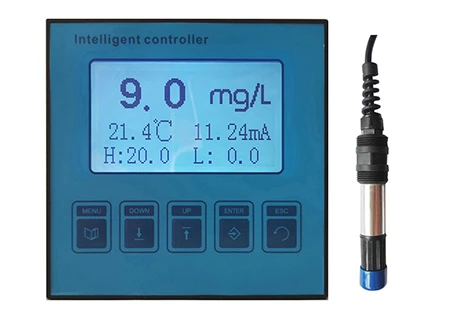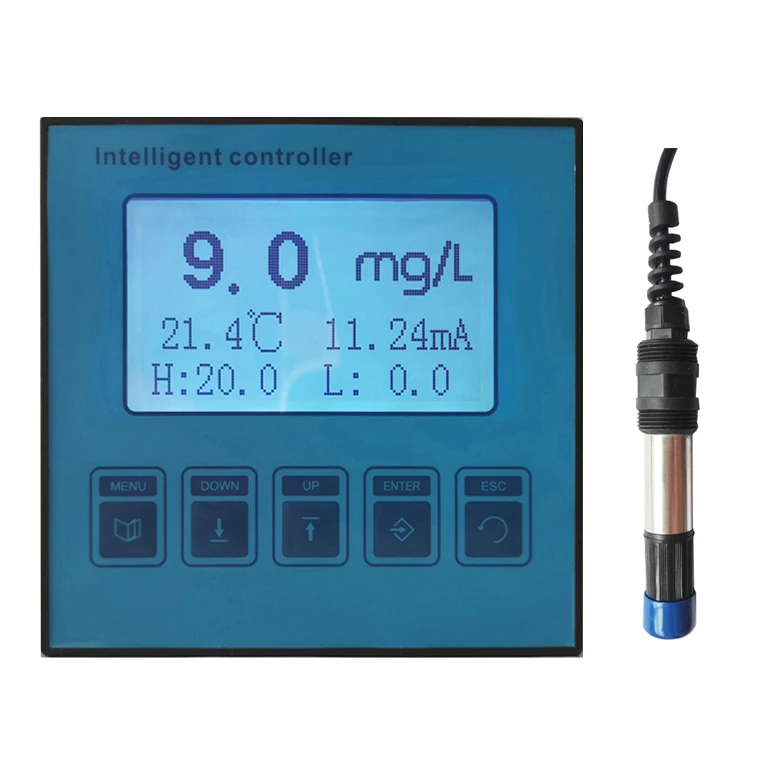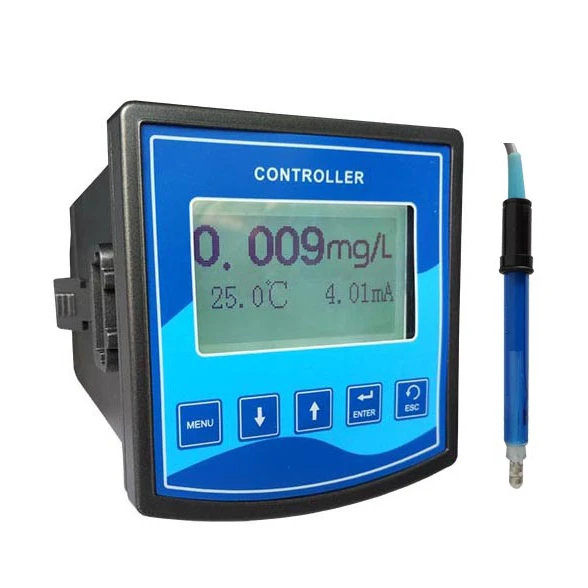What Is The Purpose Of Ph Control?
The purpose of pH control is to maintain a consistent and optimal pH level in a system, which is crucial for ensuring the efficiency and stability of various processes. pH is a key parameter that affects chemical reactions, biological functions, and physical properties in industries such as water treatment, agriculture, pharmaceuticals, food production, and manufacturing. Controlling pH helps optimize processes, improve product quality, and protect equipment.In water treatment, for instance, pH control is necessary to prevent issues such as corrosion, scaling, or microbial growth. Water with an improper pH can cause pipes and equipment to deteriorate, while also making it unsuitable for human consumption or industrial use. In agriculture, pH control ensures that plants receive nutrients in the right form, as different plants thrive in different pH ranges. Incorrect pH can hinder nutrient absorption, leading to poor plant growth or crop failure.
In industrial settings, maintaining the correct pH is vital for controlling chemical reactions. Many reactions are pH-sensitive, and a deviation from the optimal pH range can lead to inconsistent results, unwanted by-products, or even safety hazards. For example, in food processing, pH control helps achieve the desired taste, texture, and shelf life of products. Similarly, in pharmaceutical manufacturing, pH regulation ensures the efficacy and safety of medicines.pH control is typically achieved through the use of pH sensors and controllers that continuously monitor the pH levels and adjust the system by adding acids or bases automatically. By maintaining the proper pH, operators can reduce the need for manual interventions, minimize chemical waste, enhance product quality, and protect equipment, ensuring smooth and efficient operations.
What Is A Ph Controller?
A pH controller is an advanced device used to monitor and regulate the pH level of a solution, ensuring it stays within a specific range required for optimal performance in various processes. This device is commonly used in industries like water treatment, agriculture, aquariums, food and beverage production, and chemical processing. The pH level is crucial for maintaining the desired chemical balance, as it impacts both biological and chemical processes.A typical pH controller consists of a pH sensor that continuously measures the acidity or alkalinity of the solution. The sensor sends real-time data to the controller, which compares the pH reading with preset parameters. If the pH level drifts outside the acceptable range, the controller automatically activates a dosing pump to introduce an acid or base into the system, adjusting the pH accordingly. This automation reduces the need for manual adjustments, ensuring precise and consistent pH levels at all times.
Many modern pH controllers come equipped with additional features, such as digital displays, data logging, and remote monitoring capabilities, allowing users to track pH levels in real time and make necessary adjustments from a distance. Some models also include alarms to alert operators if the pH deviates too far from the set range, helping to prevent issues before they become serious.pH controllers are designed for ease of use, with simple calibration procedures and user-friendly interfaces. They not only improve the efficiency of processes but also help reduce chemical waste by ensuring that the correct amounts of acid or base are added. By maintaining precise control over pH levels, these controllers enhance the overall quality and safety of the products or processes they are used in.









